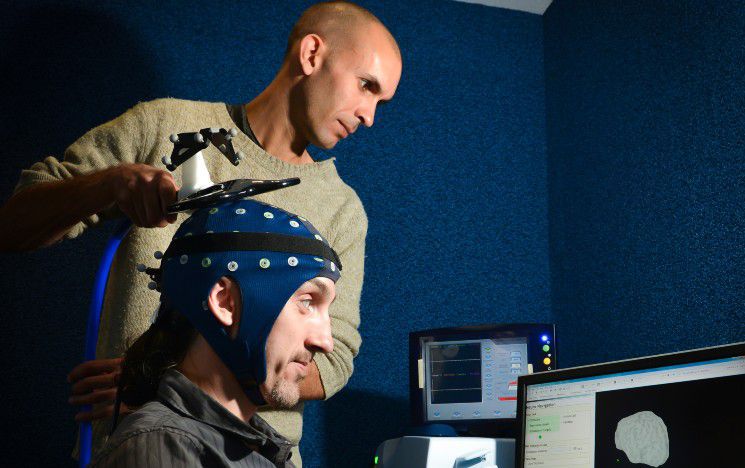
Anil Seth
Consciousness science
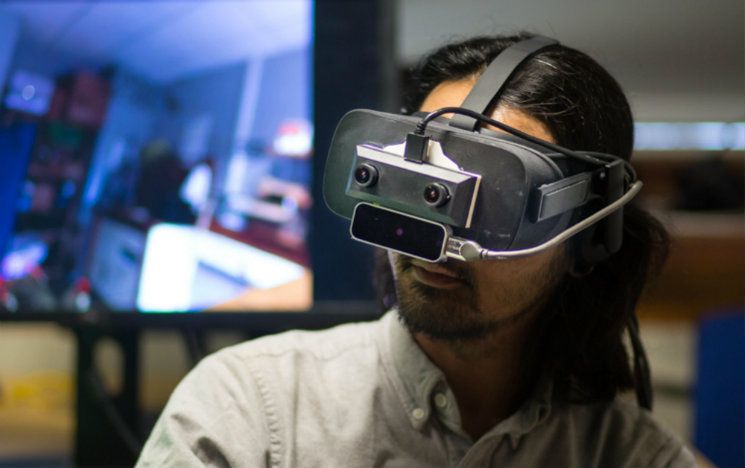
We’re all hallucinating all the time; when we agree about our hallucinations, we call it reality.” Anil Seth
Professor of Cognitive and Computational Neuroscience
Our brains are constantly generating (and testing) their own predictions about the state of the world. These brain functions can be perturbed when under the influence of certain drugs (e.g. LSD), or in developmental conditions such as synaesthesia. Consciousness researchers within Sussex Neuroscience are world-leading in studying anomalous perceptual experiences such as these, using methods from neuroimaging to mathematical modelling of brain networks. We also have a strong focus on understanding the complex mechanisms underlying our brain’s ability to remember and imagine, which also reflects cognitive processes that are active reconstructions. A scientific understanding of consciousness and cognition will better enable us to treat conditions and symptoms such as coma, pain, and hallucinations as well as speaking to profound issues around animal minds and artificial life.

Consciousness science
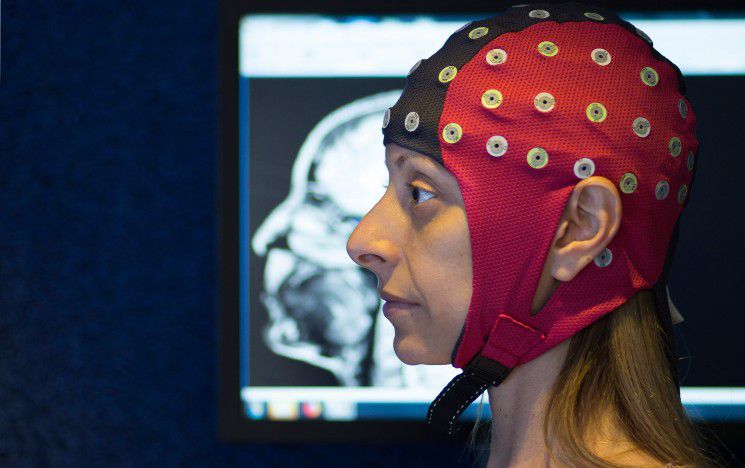
Human temporal perception
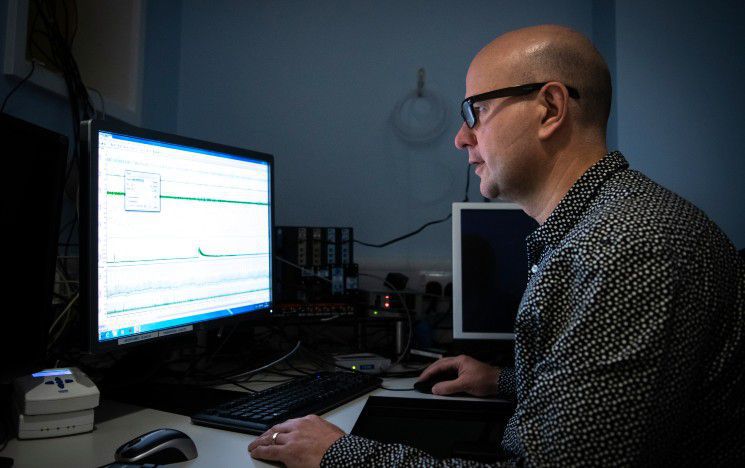
Interoception, psychosis and anxiety
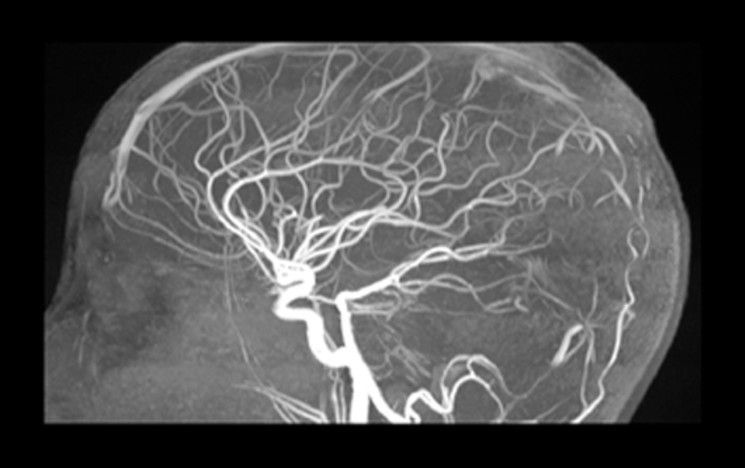
Adaptive behavioural control
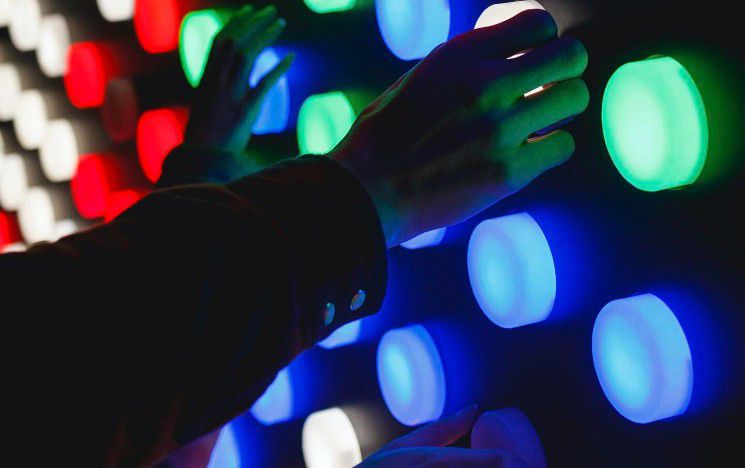
Synaesthesia; individual differences in perceptual experiences
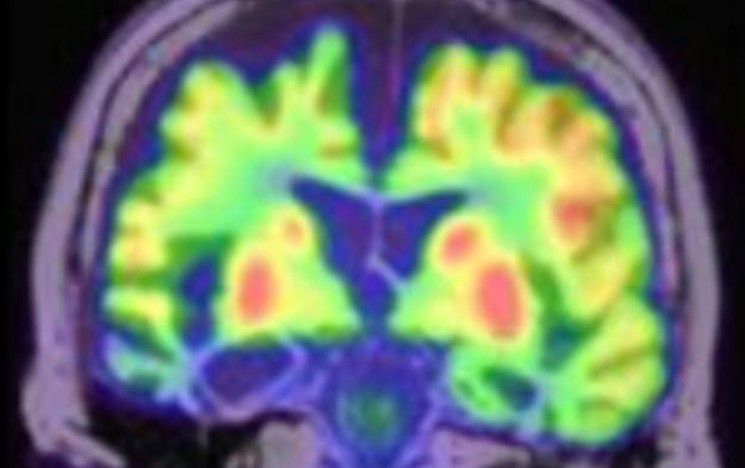
Learning and memory; visual perception
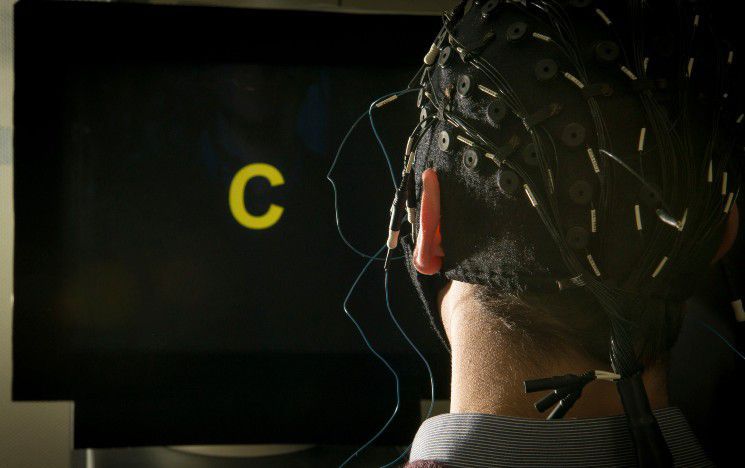
Psychology and neuroscience of sensory differences
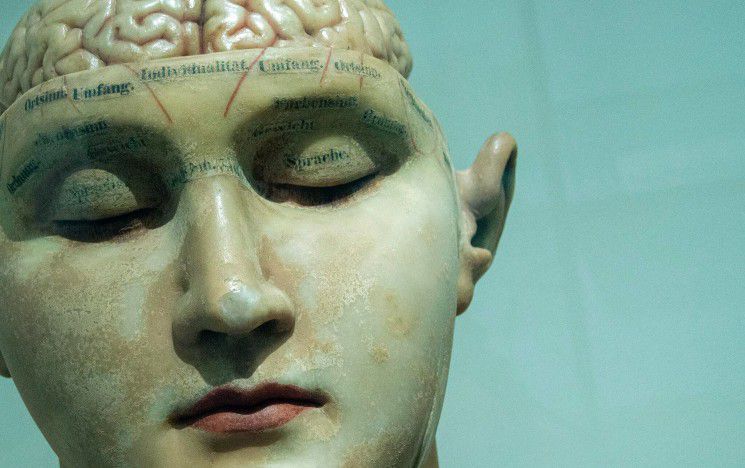
Audition, attention and speech
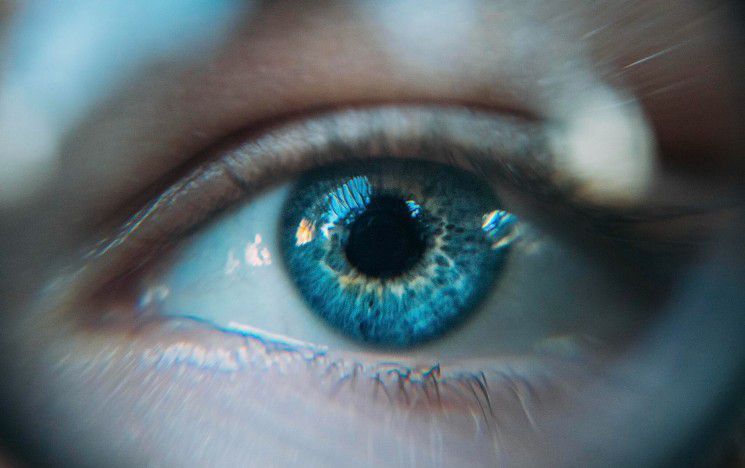
Visual perception
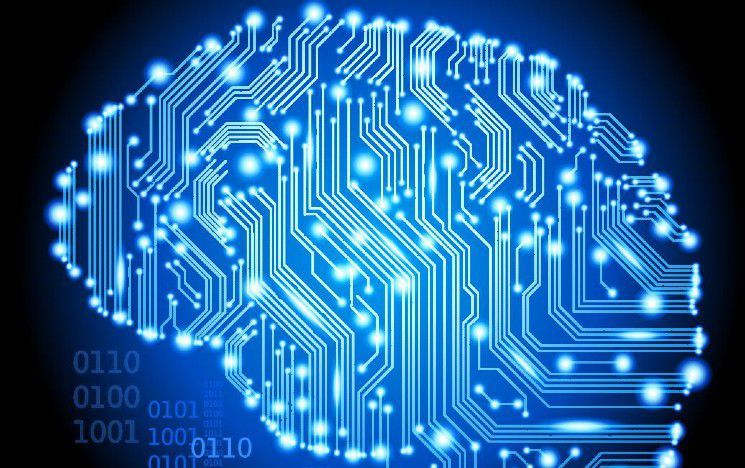
Neural computation and embodied AI
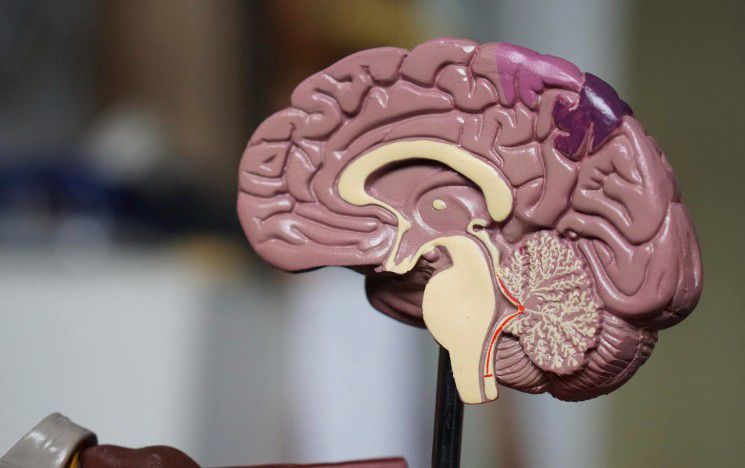
Social cognition
* Photo credit: DALL-E